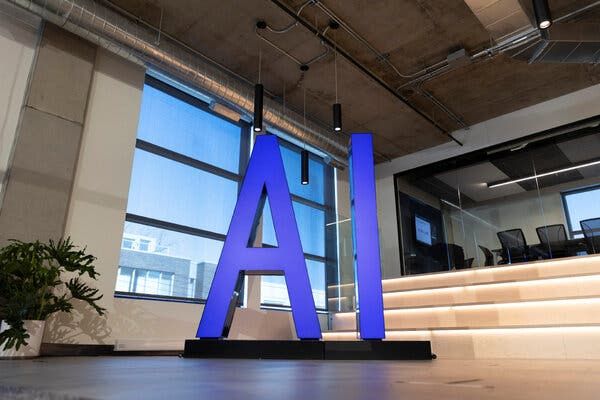Meta's Superintelligence Lab Launch Reshapes AI Race

In a seismic shift for artificial intelligence development, Meta CEO Mark Zuckerberg announced the creation of Meta Superintelligence Labs (MSL) on June 30, 2025. This consolidated AI unit, led by former Scale AI CEO Alexandr Wang and ex-GitHub chief Nat Friedman, represents Zuckerberg's most aggressive bet yet on achieving artificial general intelligence (AGI). The reorganization comes as Meta races to close the gap with rivals like OpenAI and Google in the intensifying battle for AI supremacy. According to an internal memo obtained by Bloomberg, Zuckerberg stated: 'As the pace of AI progress accelerates, developing superintelligence is coming into sight. I believe this will be the beginning of a new era for humanity'.
Leadership and Talent Acquisition
Alexandr Wang, who joined Meta after the company's $14.3 billion investment in his data-labeling startup Scale AI, will serve as Meta's first Chief AI Officer. Nat Friedman will oversee AI products and applied research. The lab has already recruited 11 top AI researchers from competitors including Google DeepMind, OpenAI, and Anthropic. Notable hires include Trapit Bansal (OpenAI's reasoning model expert) and Lucas Beyer (OpenAI Zurich team lead). This talent raid follows Meta's disappointing Llama 4 launch and aims to fast-track development of systems that 'outthink humans' as described by Reuters.
Strategic Implications
Unlike Google's Gemini or OpenAI's reasoning-focused models, Meta's superintelligence push prioritizes 'personal AI assistants' integrated into wearables like Ray-Ban smart glasses. The restructure consolidates all AI teams - including FAIR research and product development - under MSL. Zuckerberg emphasized Meta's unique advantages: 'We have deeper experience building products that reach billions' according to Business Insider. The move signals Meta's pivot from social media to AI dominance, with plans to spend $65 billion on AI infrastructure this year alone.
Industry Reactions and Challenges
OpenAI CEO Sam Altman publicly dismissed Meta's recruitment tactics, claiming: 'I'm really happy that none of our best people decided to take him up on that' when referring to reported $100M+ offers during TechCrunch interview. Meanwhile, Meta CTO Andrew Bosworth acknowledged the company's previous AI setbacks but called 2025 'pivotal' for their ambitions in Bloomberg interview. The initiative faces skepticism after Meta's Reality Labs division burned $60+ billion since 2020 with limited commercial returns.
The Road to Superintelligence
Chief AI Scientist Yann LeCun provided technical context, telling EE Times that current large language models 'don't have internal world models' needed for true reasoning. His V-JEPA architecture aims to overcome this by predicting abstract representations of reality. LeCun disagrees with existential risk narratives, asserting: 'Our relationship with future AI systems is that we're going to be their boss' in TechTimes interview. Meta's gamble depends on integrating physical world understanding with reasoning capabilities absent in current AI systems.
Social Pulse: How X and Reddit View Meta's Superintelligence Lab
Dominant Opinions
- Optimistic (45%):
- @ylecun: 'I like working with people who are smarter than me. It's the greatest thing in the world. Our relationship with future AI systems is that we're going to be their boss' via TechTimes.
- r/singularity post: 'Meta's resources could accelerate AGI development by years. This is the most significant AI announcement of 2025'
- Skeptical (40%):
- @sama: 'I don't think they're a company that's great at innovation. Their current AI efforts have not worked as well as they hoped' via TechCrunch.
- r/MachineLearning thread: 'Throwing money at AGI doesn't solve fundamental research challenges. Remember Meta's previous AI flops?'
- Ethical Concerns (15%):
- @timnitGebru: 'Superintelligence developed by a social media company? What could go wrong?'
- r/AIethics post: 'Zuckerberg's memo mentions 'personal superintelligence' but omits safeguards. Where's the oversight?'
Overall Sentiment
While nearly half of observers celebrate Meta's ambition, skepticism about execution and ethical unease dominate 55% of discussions. The compensation debates around AI talent recruitment remain a flashpoint.